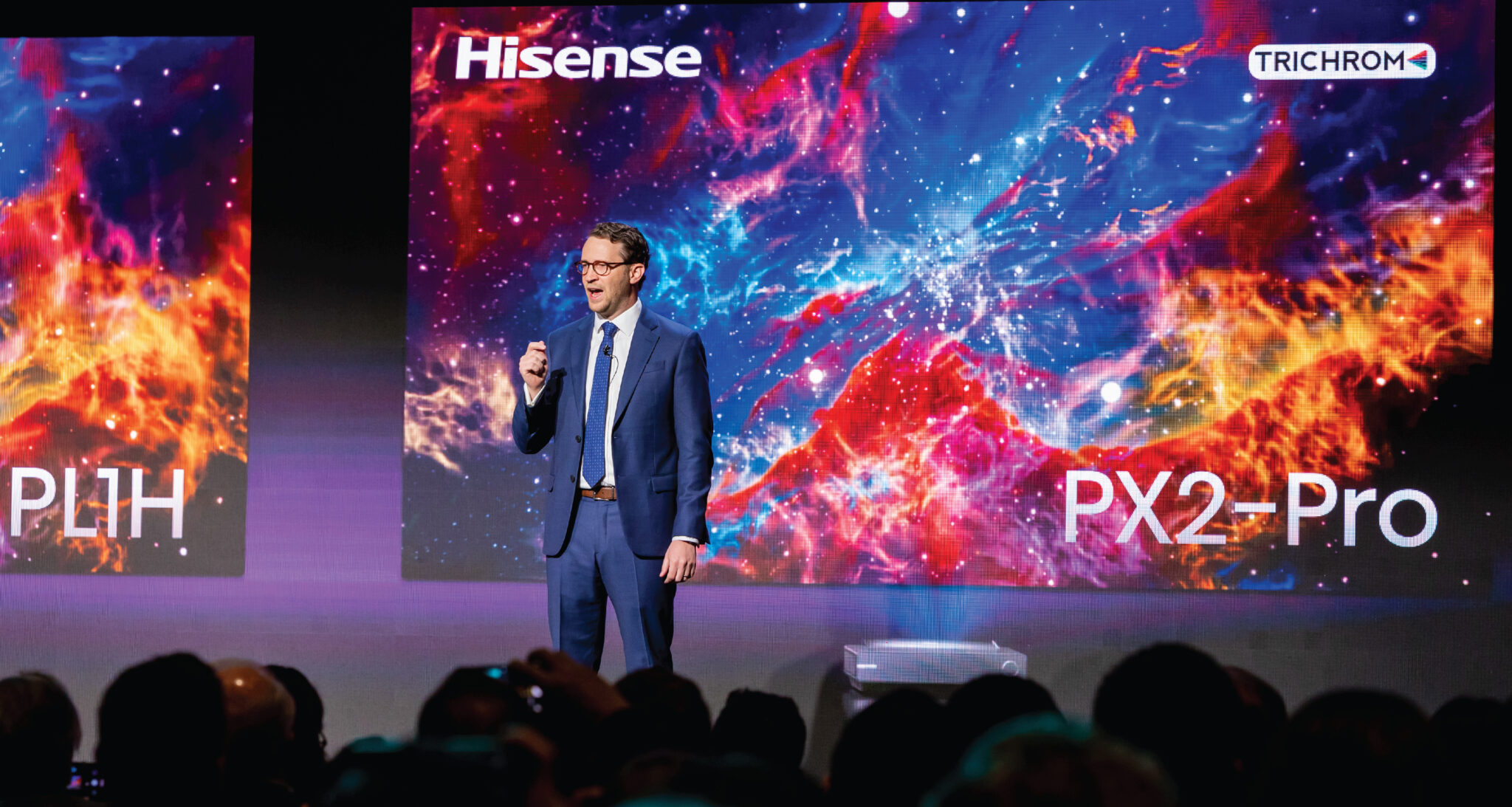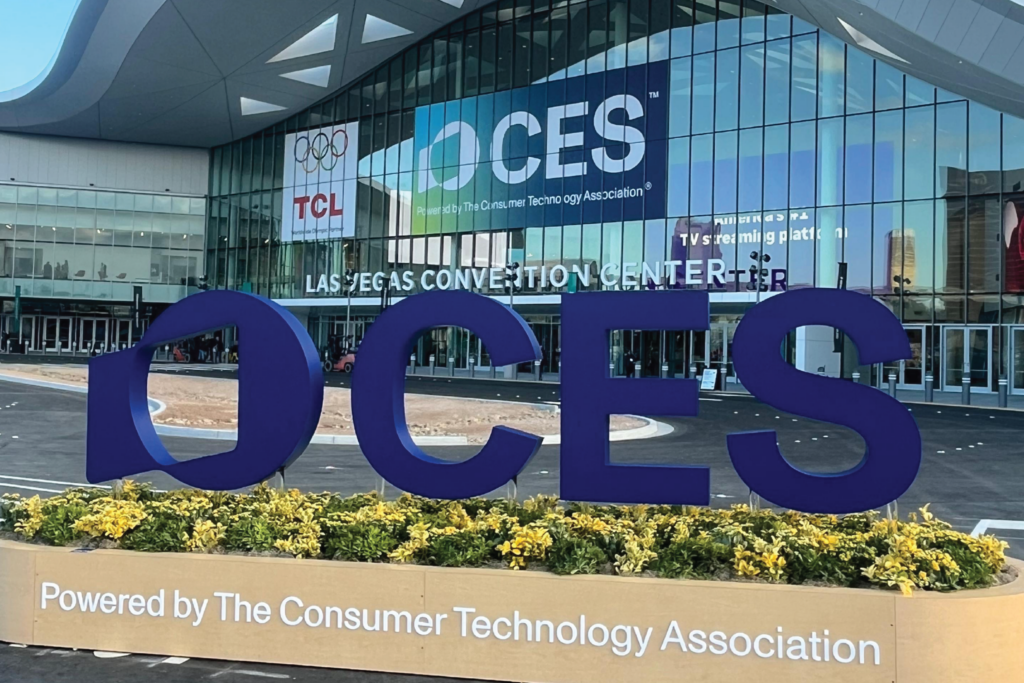When starting out with networking as a business or trying to make your business more successful, marketing is one of the most valuable strategies to focus on. There are many different routes you can take to market your business to other businesses, and event marketing is an amazing route to choose. When specifically looking to help form connections with other businesses, B2B event marketing is one of the most effective marketing methods.
How should you go about starting B2B event marketing? How should you go about creating your B2B event marketing plan? We’re here to answer all these questions and more. Here’s everything we’ll cover in this guide to B2B event marketing:
- What is B2B event marketing?
- How to build a B2B event marketing strategy
- 5 B2B event marketing ideas to make your campaign successful
Let’s begin by discussing what B2B event marketing is and why it’s so valuable for brands.
What is B2B event marketing?

B2B event marketing is a way for brands to market themselves to other businesses through hosting or participating in events. B2B marketing events are a great way to form connections with other businesses to find new clients, build partnerships, and showcase how your brand is valuable to other businesses.
B2B events can take many different forms, including trade shows, conferences, webinars, workshops, community events and more. While this may sound similar to B2C (business-to-consumer) event marketing, B2B event marketing is designed to create and strengthen relationships between brands, businesses, and organizations in mutually beneficial ways. B2B is just one of many types of event marketing. Check out our Complete Guide to Event Marketing to learn more about additional strategies, objectives, and KPIs for event marketing ROI.
How to build a B2B event marketing strategy
When crafting your brand’s strategy for B2B event marketing, there are a few important things you need to include in your plan. Here are seven crucial steps to consider when building your business-to-business event marketing strategy.

Step 1. Identify your target audience
Before starting with any other aspect of your marketing plan, you need to define who your target audience is. What types of businesses would you like to work with? What types of businesses could benefit from using your company’s products or services? What businesses would you like to partner with who might share the same target audience as yours? Do you already have some specific companies in mind that you want to connect with? Are there specific roles within an organization that you would like to target? How does this person operate day-to-day? What tools and technology do they use? How do the communicate or receive new information? What business challenges does your audience need help solving? How can your business help address those challenges? Your answers to all of these questions will help you outline your target audience for this event marketing plan. The more detail and specifics you can identify for your target audience, the more targeted and effective these following steps will be for your business.
Step 2. Determine what goals you want to achieve
Now that you’ve identified and started to get to know your target audience, the next step is to lay out all the goals you’re looking to accomplish through your B2B event marketing strategy. Maybe you have a specific number of people or brands you want to have in attendance, a post-event sales goal, or to grow your business’ email list to a certain size. Be very specific with the goals you list and include numbers, if you can, so that you can actually measure whether you’ve achieved these goals after your event is over. If you are looking for some guidance on how to write out your goals, be sure to get familiar with the SMART goals structure. This is also the time to think about how you will track and measure these metrics to determine your event’s success afterwards.
Step 3. Plan out how you will promote your event
In order to make your event successful, you’ll need attendees! How do you attract those attendees? With a strong and well-thought-out promotional plan. Consider all the ways you would like to promote your event in the weeks and months leading up to it. You could use social media, word–of–mouth, email newsletters, or even partner with a well-known guest speaker or influencer to help draw people to your event. This plan should also include calls–to–action to direct people to where they can register or buy tickets. Map out exactly how you plan to reach your target audience and get them excited about attending your event.
Step 4. Boost your brand’s online presence
Going hand-in-hand with your B2B event’s promotional plan, you should increase your brand’s social media and overall online presence during the time leading up to your event. As the saying goes, “out of sight, out of mind,” and this goes for events as well. The last thing you want is for people to register for your event and then forget about it and not actually attend. Ensure your target audience doesn’t forget about your brand or your event by consistently posting and sharing details, updates, and reminders. As you collect contact information from registrants, use that as an opportunity to send follow-up reminders via email to keep your event top-of-mind for registered attendees. If you have developed a landing page for your event details and registration, be sure to include the event dates and consider a countdown to convey a sense of urgency with your web visitors.
Step 5. Make your event stand out from the rest
If you think your event might need some extra excitement to keep people interested, consider adding special attractions or trying out some experiential marketing techniques to provide a unique and memorable experience to your attendees. This might include an interactive exhibit, art installation, a meet-and-greet with a special guest, etc. You could also consider using brand activations as a part of your event or your promotional strategy.
Step 6. Connect with attendees throughout the event
When hosting or participating in a B2B event, one of the main objectives is to form meaningful connections with the other businesses in attendance. Make the most of this opportunity by planning out your “elevator pitch” and some reasons why they should want to work with you.
You might also prepare a few questions you want to ask the people you meet, like what they do or why they’re attending the event. Generating leads is often the main objective of B2B event marketing, so consider this when planning how you’ll approach those you want to connect with to make that conversation as meaningful and memorable as possible.
Step 7. Evaluate your event’s performance & learn from it
Last but certainly not least, your B2B event strategy is not complete without a plan for how you will measure your event’s success. Consider the goals you’ve set for your event, and plan how you will measure and evaluate whether you’ve met these goals. When evaluating your event, you can also take social media mentions and attendee feedback into account, or even leverage a unique hashtag for your event which can be tracked across multiple channels. Additionally, you should always consider sending out a survey to your attendees to gather their feedback. Your post-event analysis will not only provide a clear idea of this event’s success rate, but also help influence future event planning strategies to make your next events even more successful and engaging for attendees.
5 B2B event marketing ideas to make your campaign successful
To help you craft your B2B event marketing plan, here are a few ideas to inspire your strategy and event planning!

1. Host an industry roundtable
An industry roundtable is a type of event where professionals and business owners within a specific industry meet to discuss ideas and innovations, share knowledge, and network with one another. These events are a great opportunity to introduce your brand to others in your industry, form partnerships, and secure new clients. As the host, you get to hand select who to invite so that the potential attendees are specifically selected against your goals and connected you want to make.
Why This is So Useful for B2B Marketing: Industry roundtable events are a great option for B2B marketing as they offer the perfect 2-in-1 opportunity to build brand awareness and authority while also networking with like-minded individuals/organizations.
2. Run a deminar
You’ve probably heard of webinars or seminars before, but deminars may be a new term. A deminar is similar to those types of events, but specifically designed for product demonstrations. If your business is looking to gain new clients through its B2B marketing, or has a smaller marketing budget, a deminar could be a great fit. These events can be hosted virtually, making them easier and cheaper to run. Hosting events online are typically far more accessible and affordable for guests to attend which can effectively extend the audience and reach of your event beyond the potential of a physical event.
Why This is So Useful for B2B Marketing: Putting on a deminar allows brands to give a demonstration of how their product can solve a problem for their prospective clients, teach their clients how to use it, and also build brand loyalty beyond the limitations of a physical venue.
3. Attend trade shows
Being present at a trade show in your industry is another awesome B2B event marketing opportunity. Trade shows are a great way to network with other businesses in your industry, whether you’re the host, an exhibitor, or just exploring as an attendee. This gives a variety of opportunities without being as expensive or challenging as putting on an entire branded event on your own.
As an exhibitor or a sponsor of a trade show, you’ll be able to showcase your business, brand and services with branded displays and/or swag. Your physical presence allows your target audience come to you to learn more about what you have to offer. As an attendee, you’ll have the opportunity to approach other businesses you may be interested in working with and get your company name out there.
Why This is So Useful for B2B Marketing: A trade show is sure to be full of people who are interested in the same industry as your company, so what better place to show off what your business is all about?
4. Create events within the event
If you’re planning to host a large event, especially one that might span over multiple days, consider breaking it up into a series of smaller events within that larger event. This will help you keep your audience engaged and entertained, and also allow opportunities for you to specifically target different demographics within your target audience. Maybe you host a workshop for customers to learn how to use your products, or a mixer for VIP guests that you want to provide a more intimate experience and opportunity for one-on-one interaction.
Why This is So Useful for B2B Marketing: Mini events within an event allow a brand to communicate more effectively with specific groups within their target market, while also keeping their attendees more entertained with a variety of activities throughout the duration of the event.
5. Encourage sharing at your event
Get your attendees, sponsors, speakers, and your internal team to market your event for you by encouraging them to share on social media about their experience at your event. Remember, you could create a hashtag dedicated to your event and display it around the event at check-in areas and on signage to remind your guests to use it, or have an awesome mural or other photo opp that people can’t resist taking a photo with to share online. Create an experience worth sharing, and in turn generate FOMO (fear of missing out) among those who did not attend your event in-person to make them sure they don’t want to miss your next one.
Why This is So Useful for B2B Marketing: Reach even more potential customers and partners by encouraging those at your event to post online during and after your event.
All these inspiring ideas and steps to building your B2B event marketing strategy will help you create a plan in keeping with B2B event marketing trends. To take your event marketing strategy to the next level, get in touch with Impact XM to learn how an event agency can help your business.






